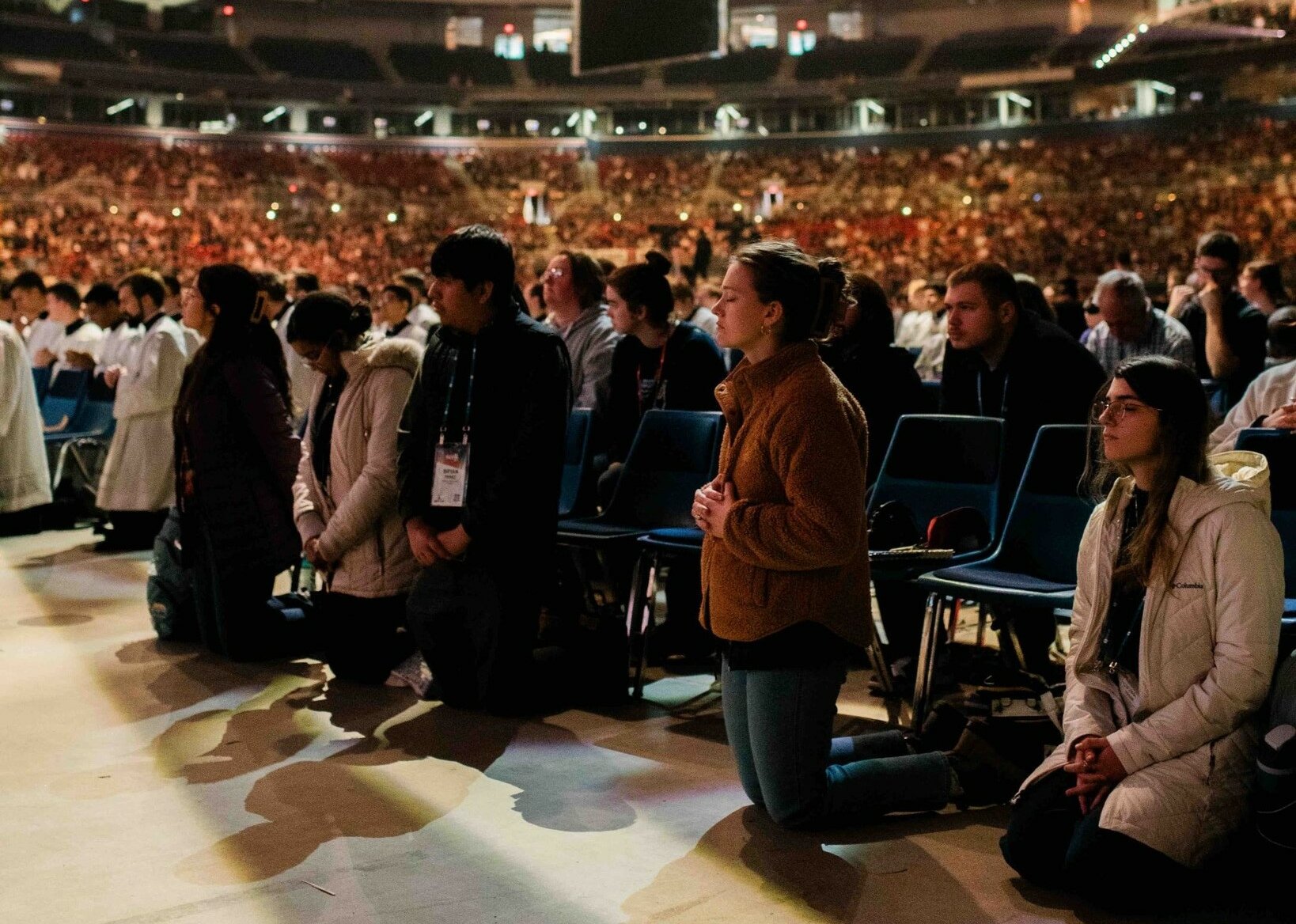
‘Epiphany Homily’ by Msgr. McDermott
One of the common themes of an “Epiphany Homily” is to focus on the last few words of the Gospel passage proclaimed on this feast: “…and having been warned in a dream not to return to Herod, (the magi) departed for their country by another way” (Matthew 2:12).
The emphasis of the homily suggests that by their encounter with the Christ in Bethlehem, the magi were changed, and the different route home relates birth to a geographical reality and the spiritual change or conversion they had experienced. They went home by another way because they were different after their adoration of the Christ Child and so went home by a different way. One can imagine the magi enthusiastically recounting their experience and conversion to anyone they encountered on their return journey and after they arrived home.
One might wonder what this has to do with us today. We don’t live in first century Palestine. We are not the magi. We are not following a star to the stable in Bethlehem, and we aren’t carrying gifts of gold, frankincense and myrrh. Why should we be concerned about this story? It isn’t happening here and now, is it?
I’d like to suggest that the Epiphany story is still important and essential today, in fact, the epiphany, the adoration and the transformation continue in our world still.
As evidence of this I share my experience of this past week attending the SEEK 24 Conference sponsored by the Fellowship of Catholic University Students (FOCUS). More than 20,000 people, mostly college students and young adults, along with hundreds of priests and consecrated men and women, came together in St. Louis for five days of prayer, fellowship and catechetical instruction.
The transformations I witnessed were amazing. Hearing thousands of young people cheering and praising God, rejoicing in their Catholic faith, was amazing. Seeing thousands of young men and women line up for hours to celebrate the Lord’s forgiveness in reconciliation and thousands more kneeling in Eucharistic adoration caused me to think about the magi kneeling down before the Christ child.
Most especially, the students, young adults, priests, and consecrated men and women returned home this week by a different route because of our encounter with Christ in St. Louis. We were different at the end of the week because we met and adored Christ. I pray that all who attended SEEK are prepared to share our encounter with Christ with others.
Well, what about us? What about those who didn’t have the opportunity to attend SEEK? Let’s remember that each week we are called to worship Christ, the same Christ the magi worshipped in Bethlehem, and then receive His body and blood in Holy Communion. We can encounter the same Christ in reconciliation.
How are we changed by these encounters? It may not be in a stadium with 20,000 others, but the encounter in our local parishes and churches is no different — it is the same Christ. Are we going home after Mass or celebrating confession by a different route because we have allowed the Lord to change us and are we willing to tell others about Him and His love for all of us?
I’m still processing my SEEK experience but pray the graces I received will help me to remember that each week, each day, this encounter is open to all of us; and if we allow it, this encounter will change us and help us to live life by in a different way, a life rooted in the love of God manifested in Jesus Christ and a life in which we want to share that love with others.
In Christ our light,
Msgr. John J. McDermott
Diocesan Administrator

